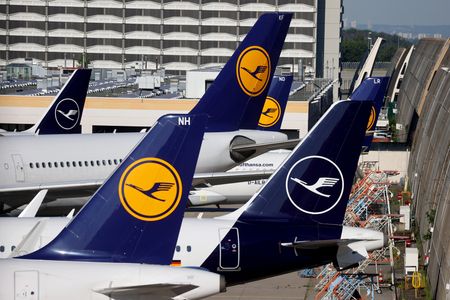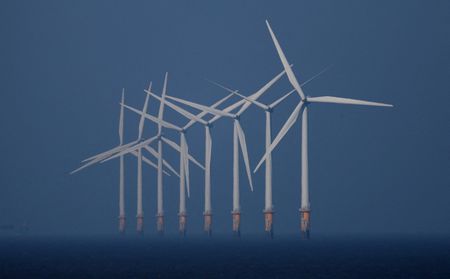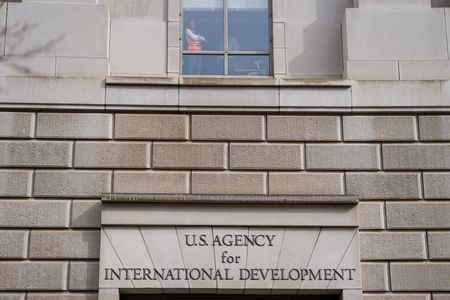By Andrius Sytas
TALLINN (Reuters) – The United States will begin discussions with European allies to reduce U.S. troops in Europe later this year, U.S. ambassador to NATO Matthew Whitaker said on Friday.
Asked to comment on a report that the Trump administration is considering withdrawing troops from Europe, Whitaker said “nothing has been determined”.
“But as soon as we do, we are going to have these conversations in the structure of NATO”, said Whitaker.
“It will be certainly after the summit, sometime later in the year, we are going to start those conversations… All our allies are ready to do it”, he added, referring to the NATO summit in The Hague in June.
Addressing a security conference in Estonia, Whitaker said U.S. will talk through any troop changes with allies to avoid any security gaps.
“It’s more than 30 years of U.S. desire (to reduce troops in Europe), President Trump just said, enough, this is going to happen and it’s going to happen now, this is going to be orderly, but we are not going to have any more patience for foot dragging in this situation… We just need to work through the practical consequences”, Whitaker said.
U.S. Defense Secretary Pete Hegseth told NATO allies in February that “stark strategic realities prevent the United States of America from being primarily focused on the security of Europe”.
The Atlantic reported in March that Hegseth and Vice President JD Vance had complained about European allies in a chat group. Hegseth expressed his “loathing of European free-loading”, according to the Atlantic.
Such comments have fuelled European fears about the U.S. commitment to NATO, along with Trump’s threats not to protect members that spend too little on defence, and his reluctance to keep supporting Ukraine’s fight against Russia’s invasion.
Whitaker said U.S. is not withdrawing: “The United States is going to remain in this alliance, and we are going to be a great friend an a great ally”.
He warned the European Union against restricting non-EU companies from European defence purchases, saying this would undermine NATO interoperability, slow Europe’s rearming, raise costs and stifle innovation.
(Reporting by Andrius Sytas, editing by Louise Rasmussen and Toby Chopra)











